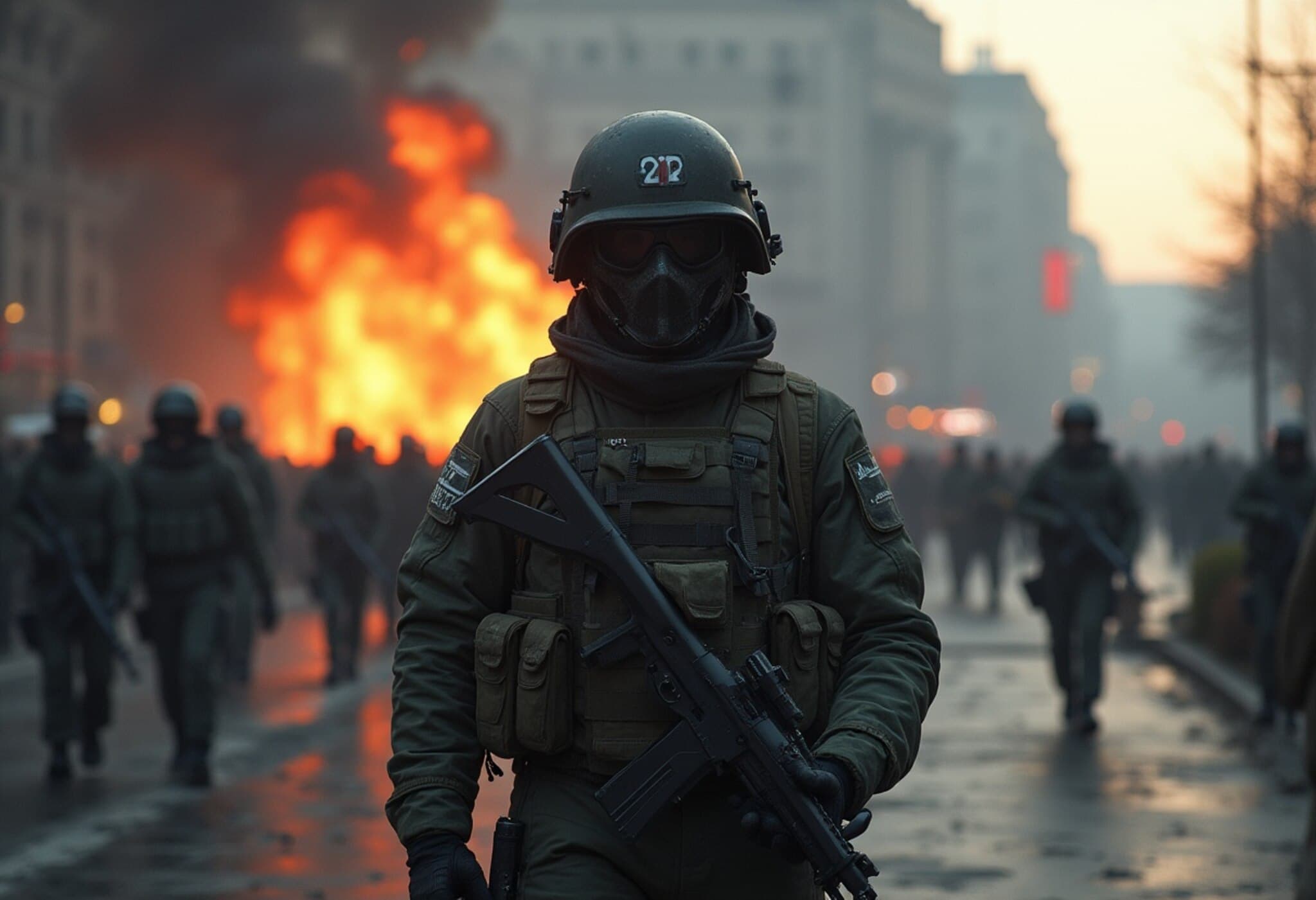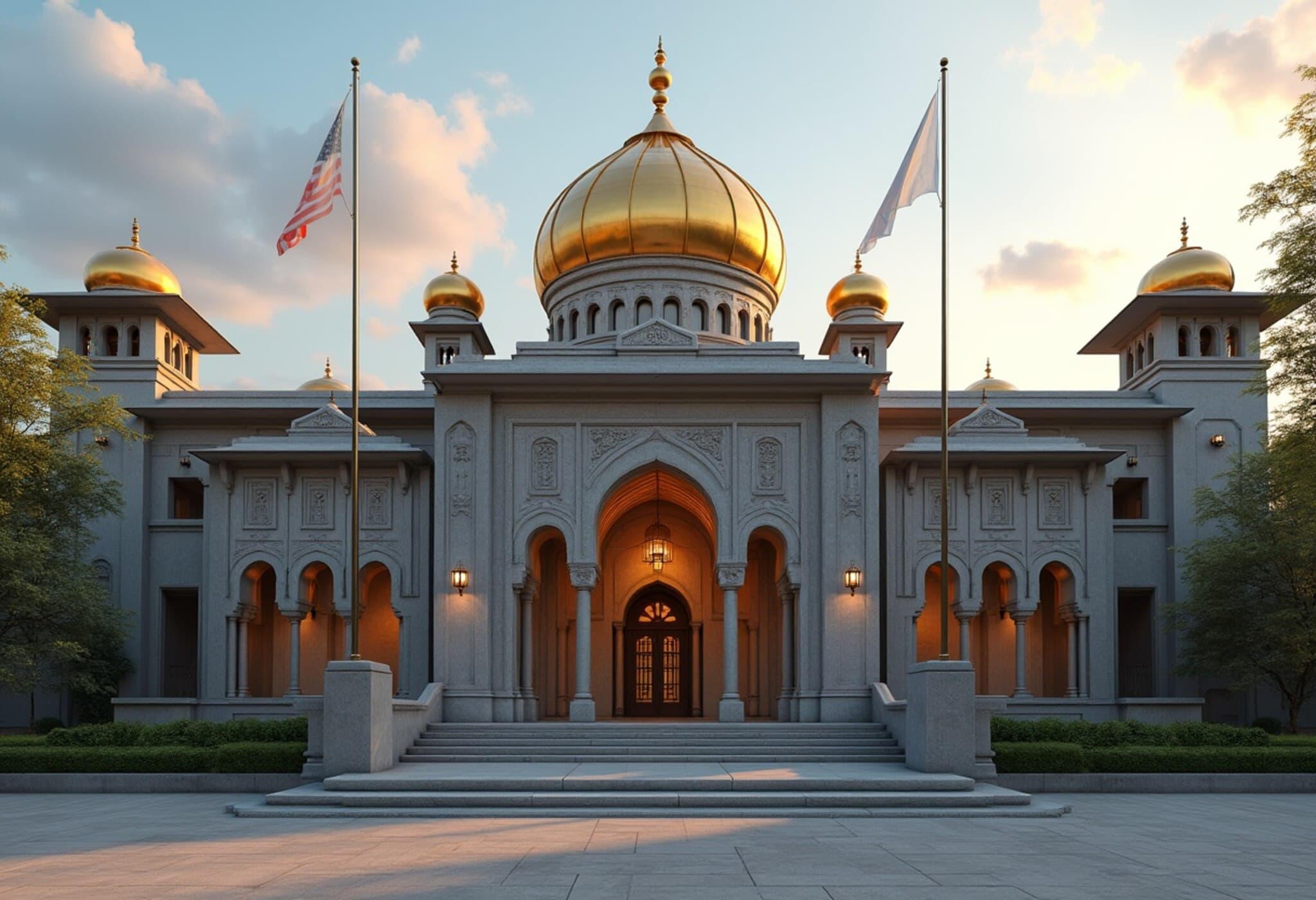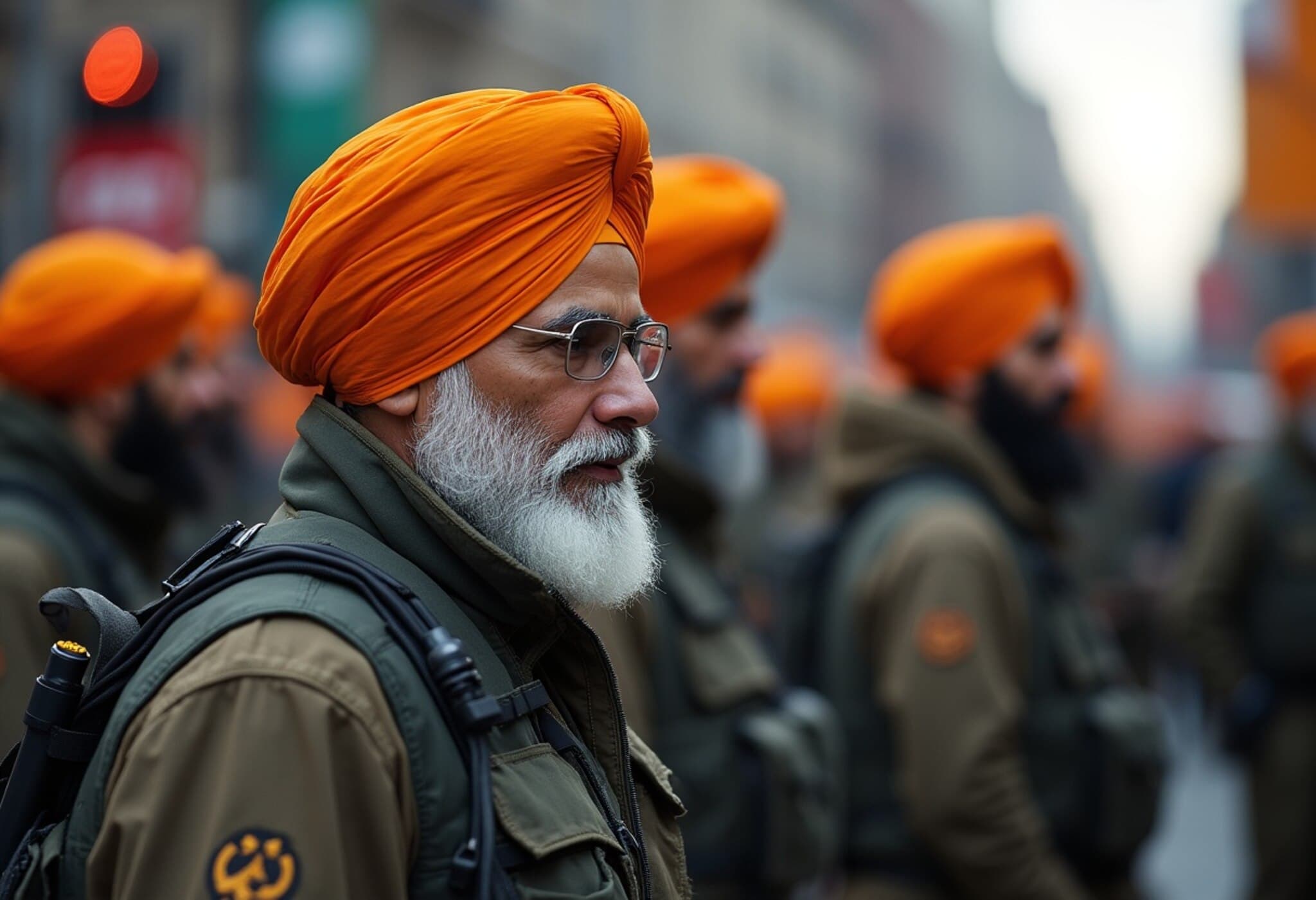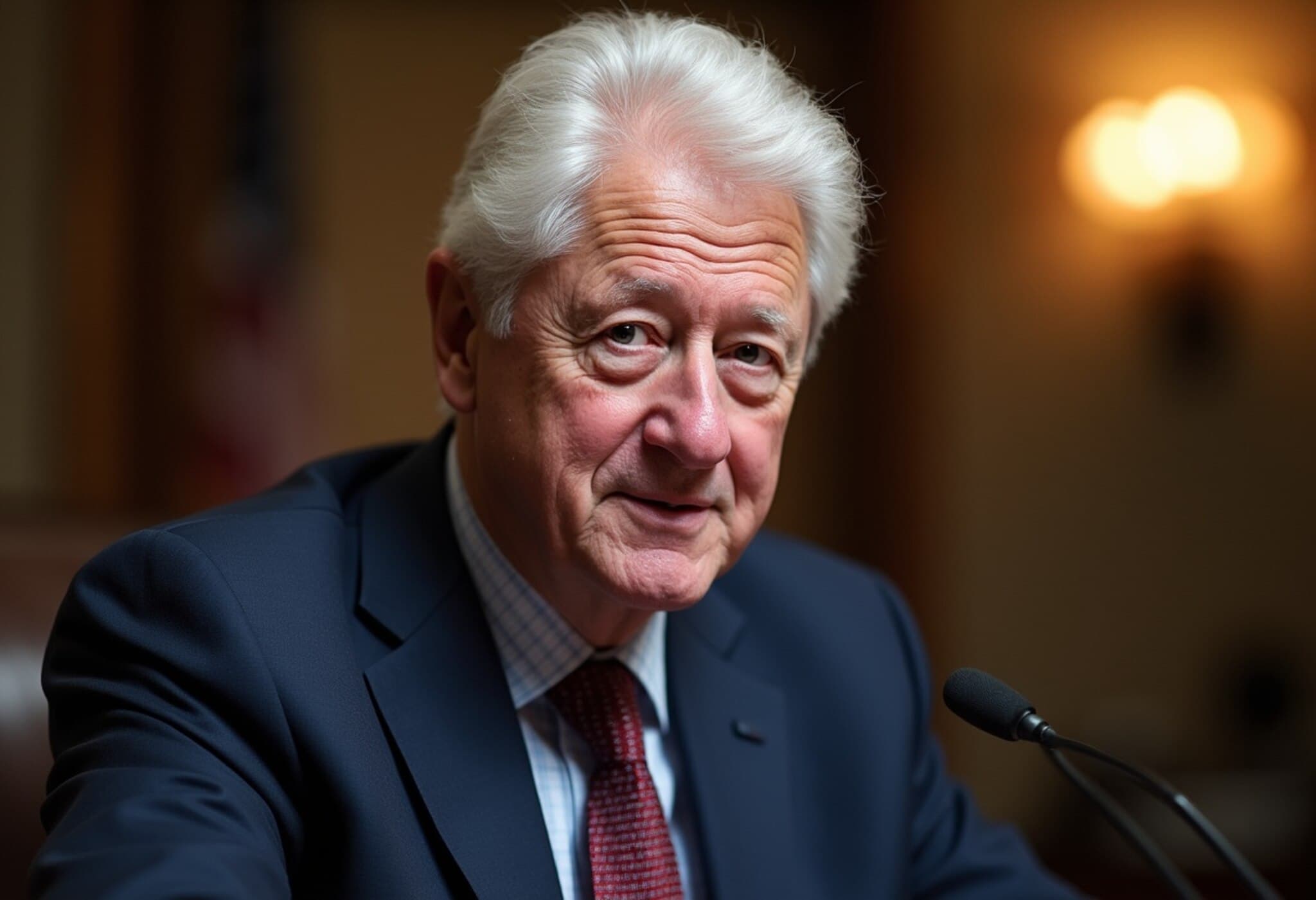CSIS Officially Identifies Khalistani Extremists Operating from Canada
In a landmark revelation, the Canadian Security Intelligence Service (CSIS) has confirmed that Khalistani extremists are actively using Canadian soil to promote their separatist agenda, raise funds, and plan violent actions primarily directed against India. This acknowledgment comes amid ongoing diplomatic sensitivities between Canada and India.
Unveiling the Threat: What CSIS Report Reveals
The latest CSIS annual report for 2024 explicitly states that "Khalistani extremists continue to use Canada as a base for the promotion, fundraising or planning of violence primarily in India." This official confirmation marks the first time the Canadian intelligence agency has publicly recognized this activity, giving credence to long-standing concerns voiced by India regarding pro-Khalistan groups operating within Canada.
The report traces the roots of this politically motivated violent extremism (PMVE) back to the mid-1980s, highlighting a faction of Canada-based Khalistani extremists (CBKEs) who persist in pursuing the creation of an independent Khalistan, largely over the Indian state of Punjab. While acknowledging that most advocacy remains peaceful, CSIS underscores that a small yet significant minority engages in violent tactics.
Separatist Activities and Foreign Interference
CSIS emphasizes that this group not only promotes separatism but is involved in fundraising and planning potential violent acts. The agency also notes that perceived Khalistani extremism emerging from Canada is fueling Indian concerns about foreign interference within Canadian borders.
Moreover, the report highlights India's countermeasures aimed at curbing the Khalistan movement, describing operations allegedly conducted on Canadian soil to monitor or suppress certain elements linked to the separatist cause.
Strained Diplomacy Between Canada and India
The CSIS disclosure sheds light on the diplomatic tensions arising since the 2023 assassination of Hardeep Singh Nijjar in British Columbia, a designated Khalistani terrorist. Canadian authorities have implicated India in the incident—a charge India has firmly denied, accusing Canada of harboring anti-India activists.
This intelligence report arrives shortly after Prime Minister Narendra Modi's visit to Canada for the G7 Summit and meetings with Canadian Prime Minister Mark Carney. The dialogue between the two leaders included commitments to restore full diplomatic relations, appoint new high commissioners, and resume stalled trade discussions, signaling a desire to ease bilateral strains.
National Security Implications and Future Outlook
CSIS categorizes politically motivated violent extremism as a pressing national security concern, with Khalistani extremism highlighted as a primary example. Although no violent attacks by Khalistani extremists occurred on Canadian territory in 2024, the agency remains vigilant about such groups’ activities beyond Canada.
The coming months will be crucial as Canada and India seek to balance security interests with diplomatic engagement, while addressing the sensitive challenges posed by extremist factions operating transnationally.



















